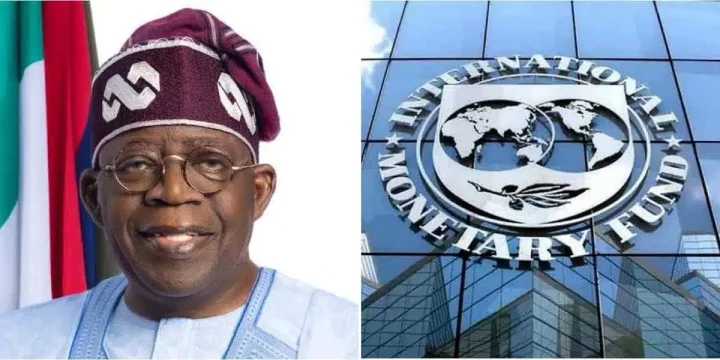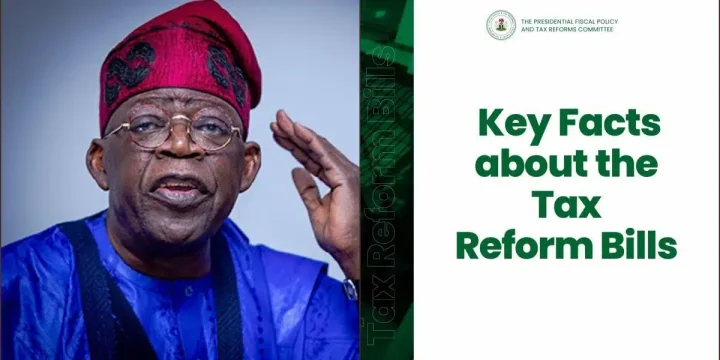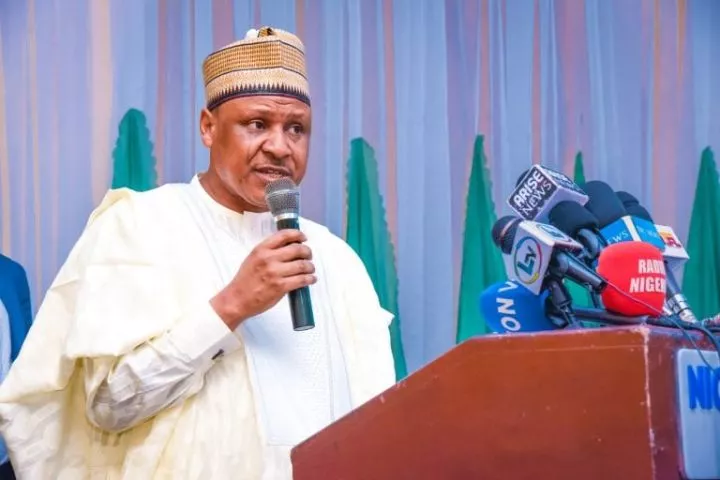
The Federal Government of Nigeria has fully repaid its $3.4 billion loan to the International Monetary Fund (IMF), resulting in the country's removal from the global financial body's list of debtor nations.
According to newly released data from the IMF as of May 7, 2025, Nigeria is no longer listed among the 91 countries with outstanding loan obligations.
The repayment, which marks a significant financial milestone, involved settling the principal of the loan secured in April 2020 through the Rapid Financing Instrument (RFI).
The facility was accessed to help cushion the economic impact of the COVID-19 pandemic, which had led to crashing oil prices and growing fiscal deficits.
The final principal payment was made on April 30, 2025.
Though the principal debt has been cleared, Nigeria still owes annual interest and administrative charges, which will be paid through 2029.
These charges, totaling SDR125.99 million, are equivalent to approximately N274.66 billion, using the current exchange rate of N2,180 per Special Drawing Right.
The country is expected to make yearly payments ranging from SDR 25.9 million in 2026 to 2029.
These charges comprise Net SDR Charges (interest and fees on borrowed funds), GRA Basic Charges (standard interest from the IMF's General Resources Account), and SDR Assessments (annual participation fees).
This repayment is seen as a major step towards strengthening Nigeria's global credit standing and rebuilding investor confidence.
The IMF had earlier revealed that Nigeria's debt to the Fund dropped significantly from $2.47 billion in 2023 to $800.23 million in 2024, before being completely cleared this year.
The federal government's broader debt servicing plan saw Nigeria spend $4.66 billion on external debt obligations in 2024 - a 167% increase compared to N2.57 trillion the previous year.

















Comments